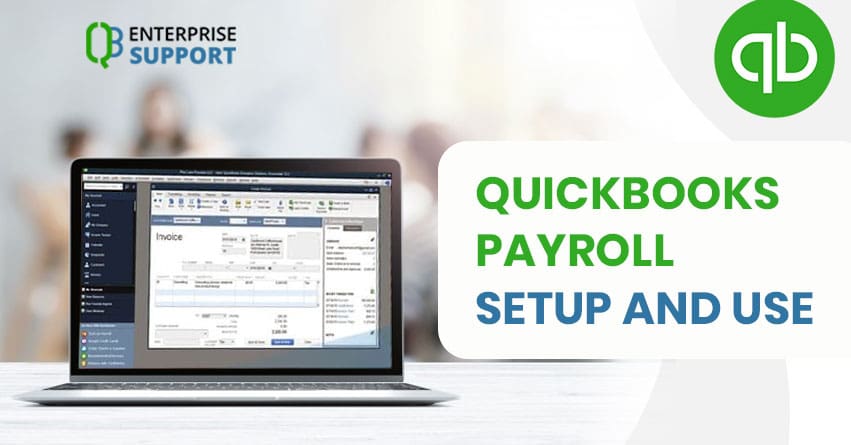Are you the oldest fish in the sea but still struggling to become a Google ranker? Or are you a small business with less budget who wants to improve their website’s ranking without even paying?
Honestly, everyone is looking for ways to improve their website’s ranking without paying, businesses wish to see their website in the top 3 searches. But, is that even possible? Well, yes it can be possible, by following a few simple yet effective tips you can improve your website’s ranking in a short span of time.
The tips mentioned in this article will not only help you in improving your site’s ranking without paying but will also save you from getting any penalty by google.
Tips To Get Your Website to the Top of Google without Paying
PPC advertising can be costly and small businesses can’t afford to pay a lot of money to rank their website. Spending a huge amount on Google AdWords or on other ads can affect your revenue if it is not implemented in the right way.
Businesses are looking for ways to improve their website’s ranking without paying. If you want to improve the ranking of your site without paying then you need to follow these effective yet simple tips. By implementing these techniques you will definitely see positive results within a few weeks.
1. Use Long-Tail Keywords
Using the long-tail keywords is one of the most effective and easiest ways to get the top of google without even paying. The search volume for the long-tail keyword is not much but still, they are worth considering. When a person is searching with a long-tail keyword the chances are they want to make a purchase. The competition for these keywords is less as compared to other keywords, so the chances are your website can be ranked higher in less time.
2. Improve Your Site’s Loading Speed
For Google, your website’s loading speed plays an important part in its ranking. If you want to improve the ranking of your site without paying then you should focus on your website’s loading speed. The website should load within a second or less. A slow website can have a negative impact on your site’s ranking.
According to a study conducted by blog writing services, 56 percent of the users leave a site if it takes longer than 3 seconds to load, and around 85 percent of these people will not open that website again.
3. Add LSI Keywords in Your Content
LSI stands for Latent Semantic Indexing. To improve your website’s ranking it is recommended to use LSI keywords in your content. Using LSI keywords will not only boost your SEO traffic but will also help in improving your website’s ranking organically.
This method also saves your site from getting any kind of Google penalty.
4. Compress Your Images
As we have mentioned earlier, your website’s loading speed plays an important part in your site’s ranking. To increase the loading speed of your site, you need to compress the images displayed on your website so they can retain the quality but load within a second. Remember, if a user had to wait for 3 seconds or more then, the chances are they will revert back to the Google SERPs.
5. Use Descriptive URLs
Use descriptive URLs. Your URL should contain descriptive keywords and should be static. Do not use any random number or letter in your URL. Remember, URL plays an important part in your site’s ranking.
6. Content Marketing
Producing high-quality content via social media, email, and blogs is the key to achieve high ranking. Instead of focusing only on optimizing the content for search engines, you need to create and promote engaging content that both the readers and search engine will like.
Content marketing plays an important role in increasing the website’s ranking without even paying. Google sends a user to a site that has relevant content related to the user’s search query, says transcription services.
7. Write an Engaging Meta Title and Meta Description
The title and Meta description is a first thing noticed by a user, so it should be click-worthy. Google allows 65 characters to write the page title. According to research, titles that start with a keyword perform well as compared to those that end with a keyword.
The next thing that you should focus on is Meta-description. The 2-3 lines under your page title are called Meta-description. Google only allows 160 characters or fewer to write meta-descriptions. While writing the meta-description remember to keep it short and to the point.
Wrapping It Up
There will be no one who will say that they do not want their site to be displayed in the top searches but, only a few people or businesses know how to do so without paying. SEO practices improve the rank of your website without even paying and this can also help in your business growth. The tips mentioned in this article should be strictly followed if you want to improve the ranking of your website without paying.
About The Author
Dr Adrish has done PhD in Actuarial science from Glasgow University and has been working as an Academic consultant since 2005. He possesses skills in Human resource management, supply chain management and corporate finance. Dr Adrish loves to travel, read and write for Thesis Writing Help in his free time.







